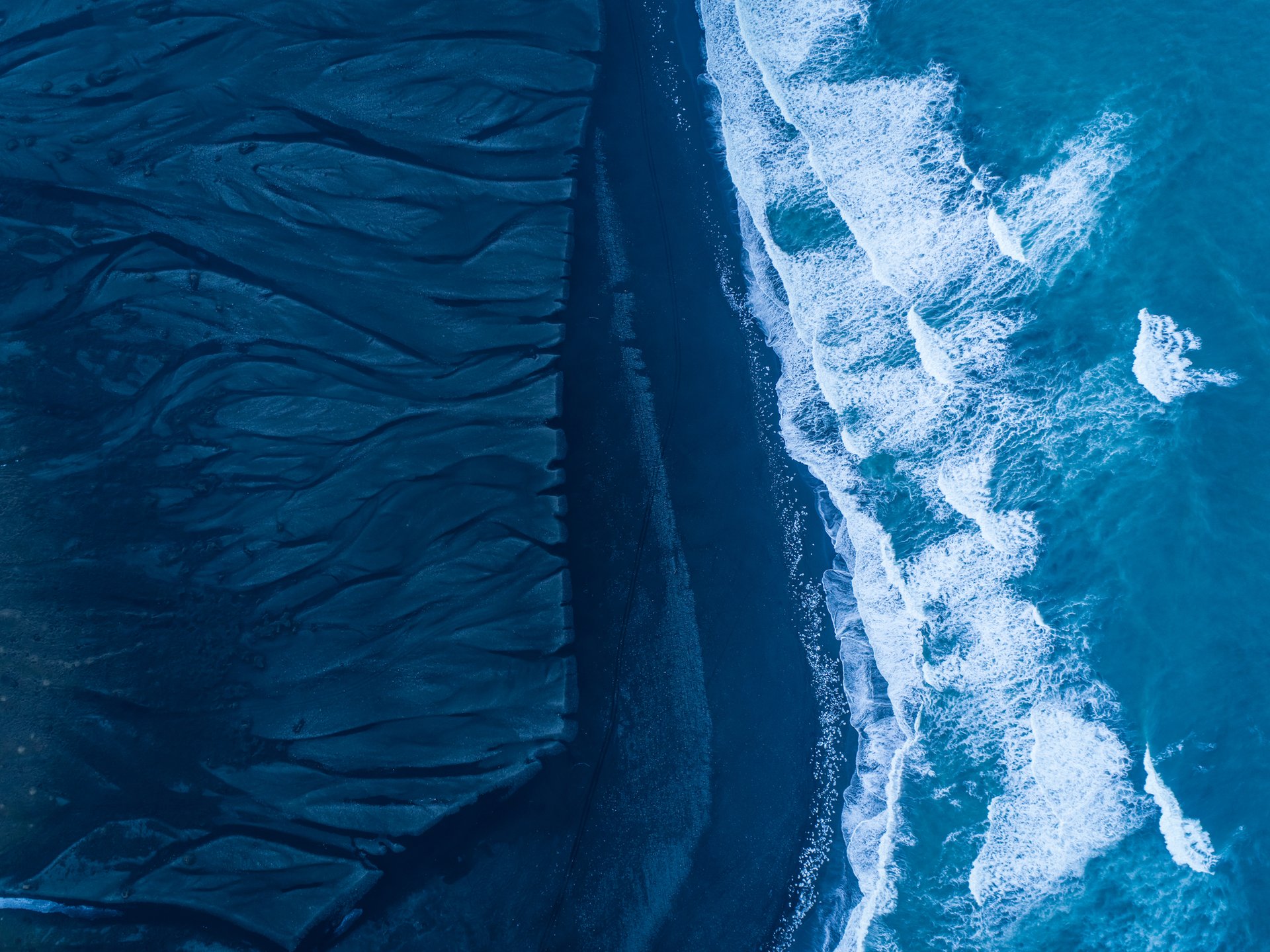Key points

A young physicist is clambering over rocks on a tiny windswept island 30 miles off the coast of Germany.
So begins Helgoland, Carlo Rovelli’s new book about the summer Werner Heisenberg, Nobel laureate-to-be, came to the eponymous lump of rock to contemplate the nature of reality. Or at any rate, to ponder new observations on the behaviour of electrons.
Why did Heisenberg go to Helgoland? Literally, to clear his head. He suffered from hay fever and there were no trees there. It worked. The year was 1925. Discoveries about heat, electricity, and light were proliferating, powered by a series of formulae posited by Heisenberg’s master, Niels Bohr. Bohr’s formulae in turn were based on the theory we learned at school: that electrons orbit within the atom and make tiny leaps – quantum leaps – to other orbits to transfer energy and transform matter.
The formulae could predict the behaviour of chemical elements, but not the weird anomalies so disturbing to the young Heisenberg. Even more unsettling was that fact that no one, not even Bohr, could explain the formulae, or if particles really do orbit, or where an electron actually leaps to.
That a general reader is able to follow Heisenberg’s mind-bending first encounter with the quantum world even this far is tribute to Professor Rovelli’s writing skills, honed over a series of bestselling books beginning with Seven Brief Lessons on Physics (2016). The Italian physicist understands that, for most people, abstract ideas demand concrete expression. To comprehend that time is not linear, we need to feel securely fixed in a niche of linear time ourselves – such as Heisenberg’s summer on Helgoland.
Rovelli seems well grounded in time and space himself. Genial and modest, he carries a rich hinterland. Born in Verona in 1956, he learned his fluent, enterprising English on a solo ‘adventure’ to England as an eight-year-old language student. In his teens he hitchhiked through Europe and became involved in revolutionary politics. He only settled down to university study in his twenties, picking physics partly, he says, because the sign-up queue was shorter than the philosophy one. Then, at the height of a brilliant career in theoretical physics he broke away to write for non-scientists.
Rovelli has seen out lockdown in London, Ontario, where his partner – also a physicist – works at the university. “She tells me there are no women in Helgoland, we must change this!” He smiles when I concur that the book is dominated by male relationships.
In the book Rovelli settles us down beside his fireplace, using it to explain the problem of the relation of the observer to reality: “Which reality am I speaking about? This flickering fire? Or one I’ve read about in a book? … But between our mental maps and reality there is the same distance as there is between nautical charts and the reality of waves crashing on cliffs.”
Back on those Helgoland cliffs Werner Heisenberg had to solve his own version of this problem. He came to a radical yet pragmatic solution. Rather than looking for what matter ‘truly’ is, he decided we should accept that all matter, from electrons upwards, exists only in relation to other things, and work only with what we can observe. For Heisenberg’s experiments with heat and light, this meant replacing numbers with matrices of possibilities. This theory – quantum theory – has since been applied to everything from atomic nuclei to neutron stars. It has led to inventions from the atom bomb to the light-emitting diode: “an astonishing run of unbroken successes” and, for all the empty space at the heart of it, one that has “never yet been proved wrong.”
Rovelli is hard to draw on the relation of Heisenberg’s discoveries to today’s frontier technologies, such as quantum computing and clean energy. He’s more interested in how Heisenberg found his insight than its application. Heisenberg trusted his intuition in a way that infuriated his rivals. Rovelli, in the many sudden shifts in his own life and work, perhaps does the same. His own research into the nature of time has, he agrees, a sense of completion about it. He seems to be contemplating another change of direction, perhaps into philosophy.
On the island, Heisenberg looked at what was there until he actually saw it. If a remote island experience isn’t available to help us achieve similar detachment, an alternative is submersion in one of Rovelli’s books, with their sense of the fragility of what we know about reality – and of the reach and grasp of the human mind.


Helgoland by Carlo Rovelli is published by Allen Lane, £20.00.
